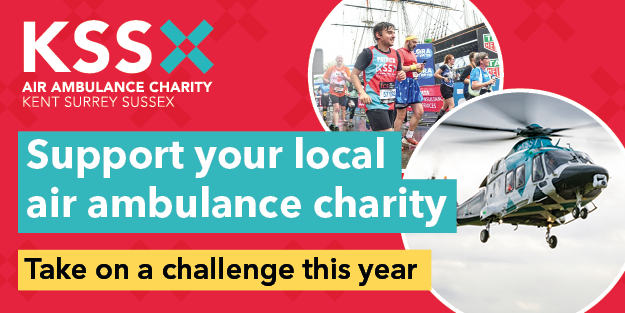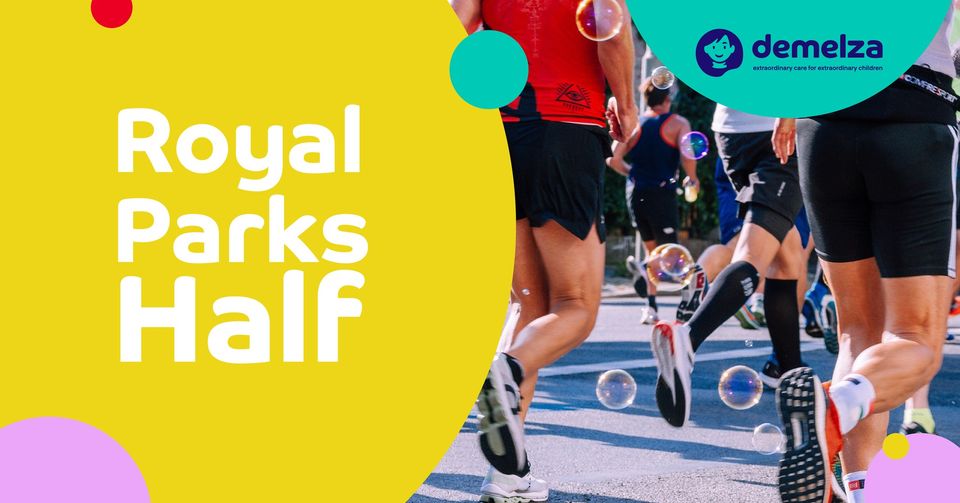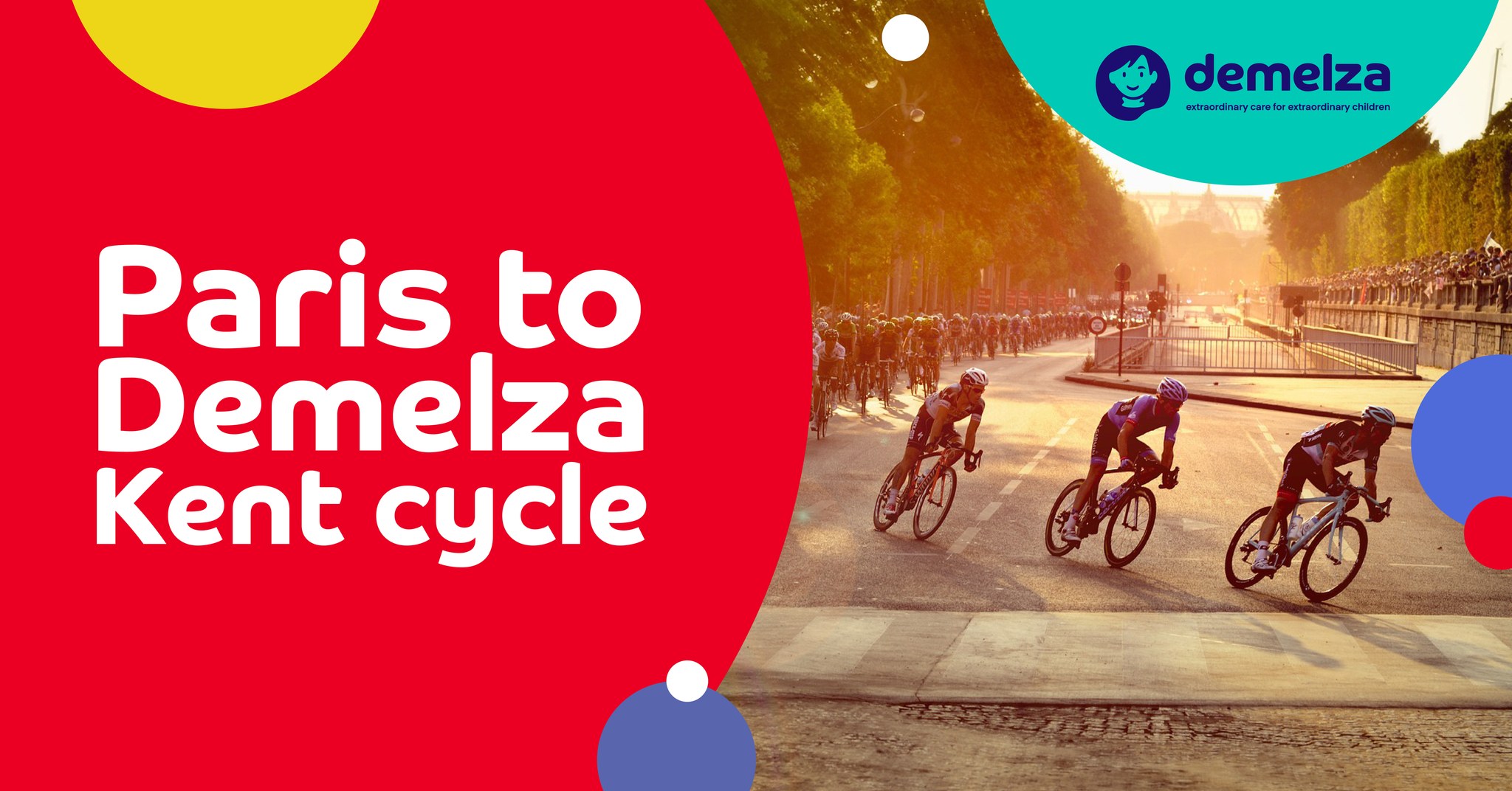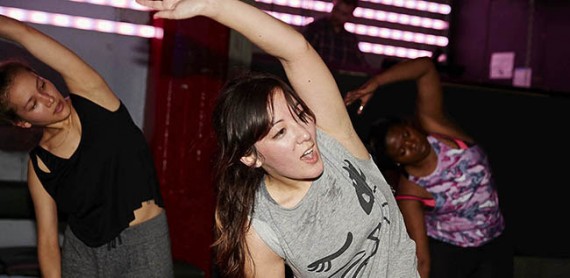The number of women doing sport and physical activity has reached a record high.
Figures released today from our Active People Survey show 7.21 million women are now getting active.
That’s over 250,000 more than when we launched our This Girl Can campaign.
It means the gender gap, which once stood at over two million, has narrowed to 1.55 million.
The overall number of people aged 16+ who play sport each week now stands at 15.97 million. That’s 229,400 more people than 12 months ago.
Keep fit sessions, such as spinning and pilates, as well as going to the gym generally, remain hugely popular. There are now 7.1 million people doing those activities every week.
Sports with more people taking part weekly include:
Gymnastics – up to 65,100
Football – up to 1.84 million
Swimming – up to 2.52 million
Netball (up to 180,200) and hockey (up to 92,700), are also seeing more people playing.
Some sports have seen a decline in the number of people taking part, including athletics and cycling.
Sport England’s chief executive Jennie Price says: “These figures are really encouraging, especially the substantial increase in the number of women playing sport and being active every week.
“Our This Girl Can campaign set out to tackle the gender gap, so to reduce it significantly in just two years shows we are making a difference.”
More people from black, Asian and ethnic minority backgrounds, a total of 2.92 million, are now playing sport.
A total of 1.6 million disabled people play sport regularly. That’s 20,900 fewer people than a year ago.
The proportion of people from lower socio-economic groups who play sport (26 per cent) remains much lower than those from more affluent groups (39.5 per cent), continuing the trend of the last three years.
“It’s not acceptable that if you earn less or have a disability you are so much less likely to play sport or be active,” says Jennie Price.
“We need better insight, more targeted funding and a wider range of partners to help us make a difference to these groups.
“We have shown a carefully targeted, insight-led approach can work with women, and we now need to apply that thinking to other under represented groups.”






